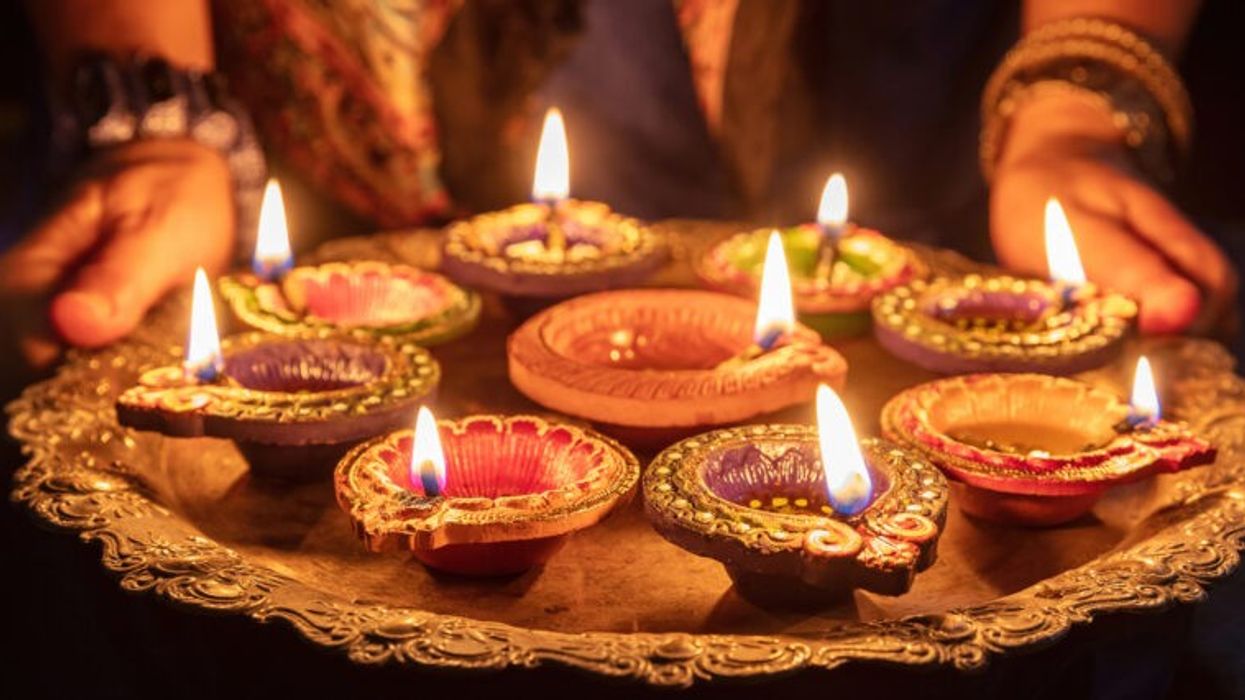THIS year’s annual Diwali celebrations will be stripped back amid public safety fears. Leicester City Council has said there will be no fireworks or stage entertainment as part of major changes announced for the event.
Cossington Street Recreation Ground will also not be used for the festivities, the council has revealed. The green space previously was the location for the main stage and the Diwali Village with its food stalls, funfair rides, fashion and arts. The annual fire garden display was also based there, offering “a peaceful oasis amid the festive excitement”.
The council says major changes are needed to avoid the “potentially dangerous”, “massive” crowds that gather each year for the Hindu festival of light. The celebrations, widely considered to be the largest outside of India, have been branded a “victim of their own success” by the authority.
The changes have been announced after “serious concerns” about public safety were raised by the Diwali safety advisory group, the council said. It claimed the current set-up was branded “no longer fit for purpose” and that “urgent action” needed to be taken. “Several meetings” have since been held to consider options, the authority added.
These included potentially relocating the event to Abbey Park or Leicester city centre. However, the decision was made, following engagement with Belgrave businesses, to keep the celebrations in their historic home.
This year’s Diwali event will still see Belgrave Road continue to host what is left of the festival. More than 6,000 lights will be installed along the Golden Mile and the Wheel of Light will also return this year, the council added.
Assistant city mayor for culture Vi Dempster said: “Unfortunately, Leicester’s annual Diwali festival has become a victim of its own success. We’re being strongly advised by our emergency service partners and crowd control experts that it cannot continue safely in its current format due to the unrestricted and growing crowd numbers that it attracts, and that’s a warning we must take extremely seriously.
“We are absolutely determined that Diwali continues to be part of the city’s festive calendar. We also understand the depth of feeling to see it continue on the Golden Mile where it began over 40 years ago. To do that, we must ensure that it can take place safely. That must be paramount.”
The major changes follow a stripped-back celebration last year after the council decided to cancel the annual light switch-on due to financial difficulties, focusing on just the Diwali Day celebrations itself. The authority said at the time that costs for staging the dual events had skyrocketed from £189,000 in 2018 to a staggering £250,000 in 2023.
Graham Callister, the city council’s head of festivals, events and cultural policy, said: “Diwali has been a real highlight of the city’s festival calendar and attracts thousands of people who come from far and wide to join in the celebrations on the Golden Mile. However, we are now being advised by our emergency service partners and event security providers that we have reached the point where the growing crowds and sheer volume of people attending is causing significant concern about public safety.
“Scaling back on event infrastructure and activity means there will be the additional space needed – and more importantly less congestion – to safely welcome the crowds that want to celebrate on Belgrave Road.”




